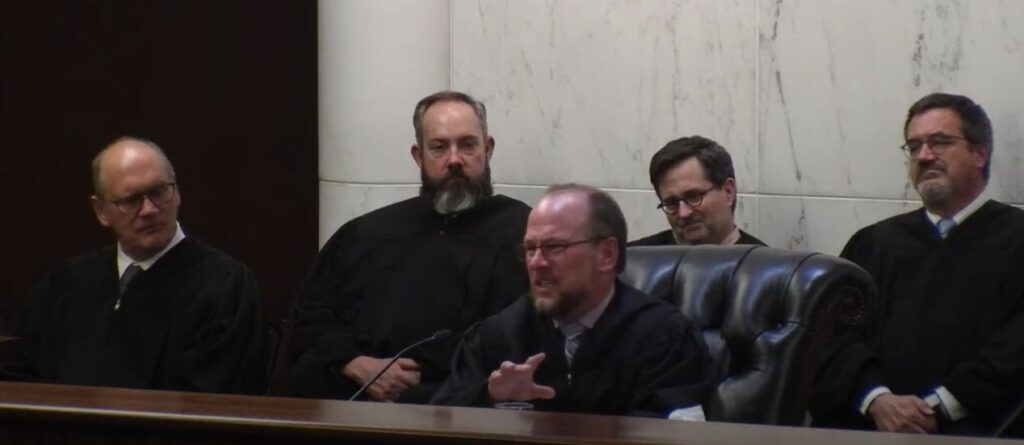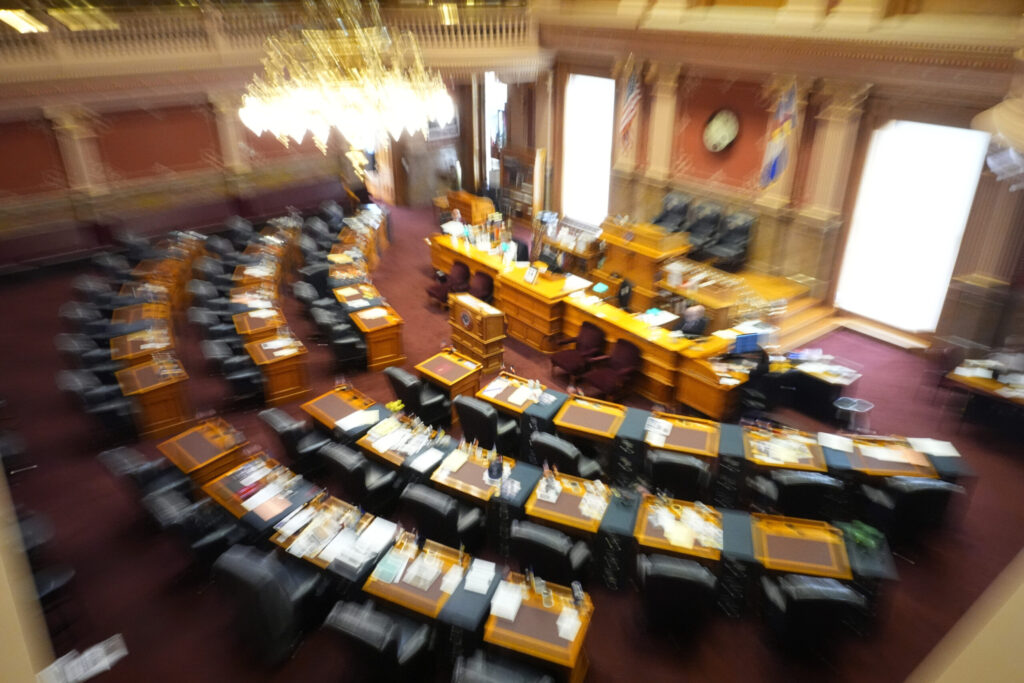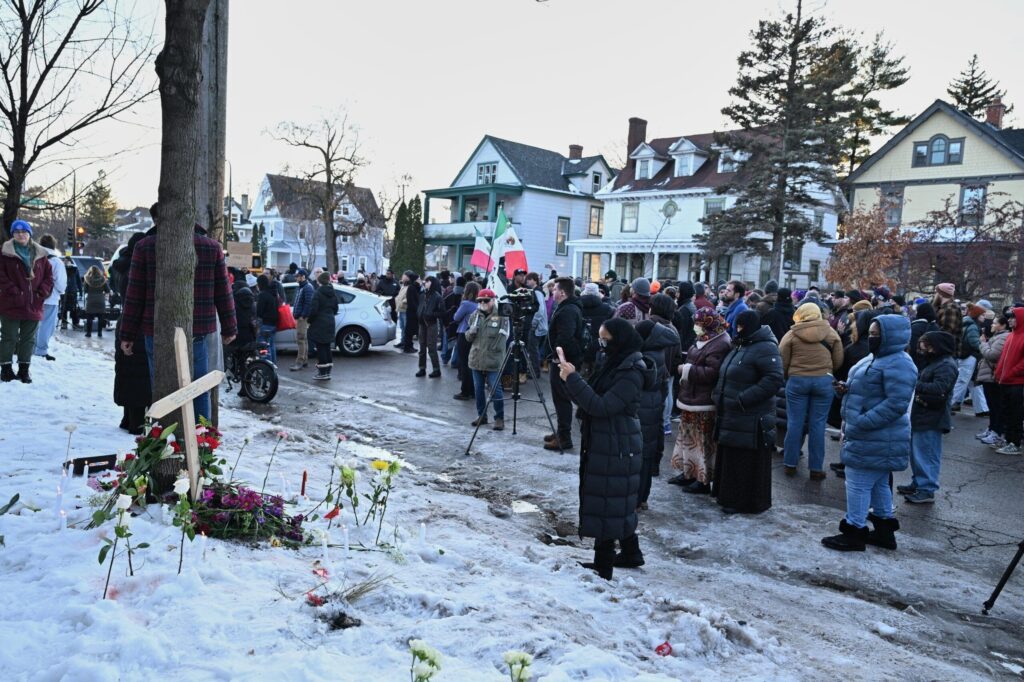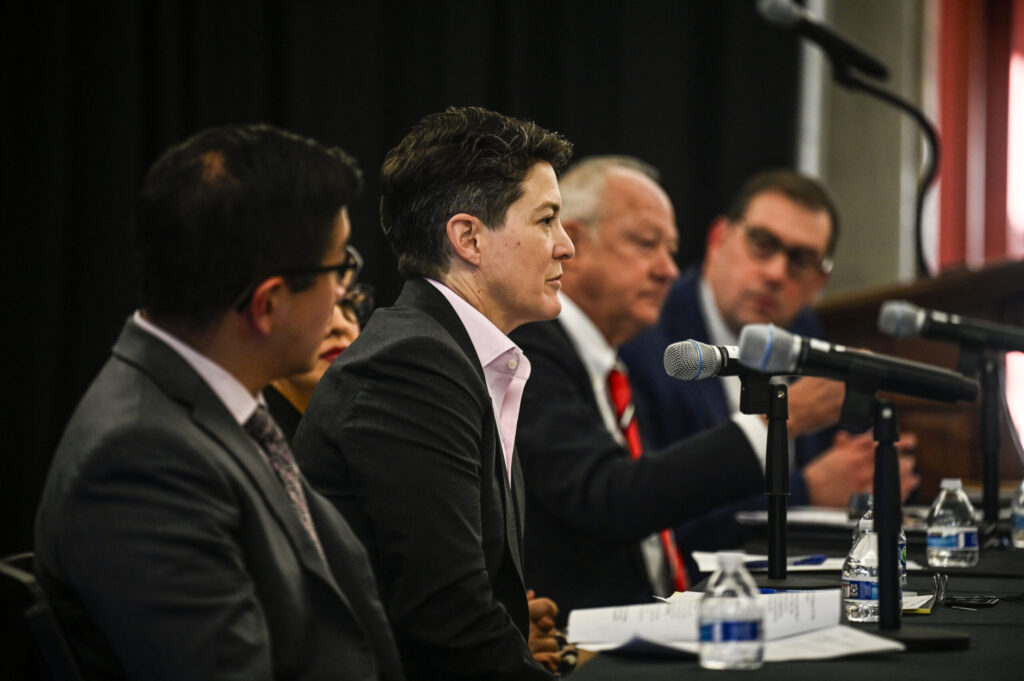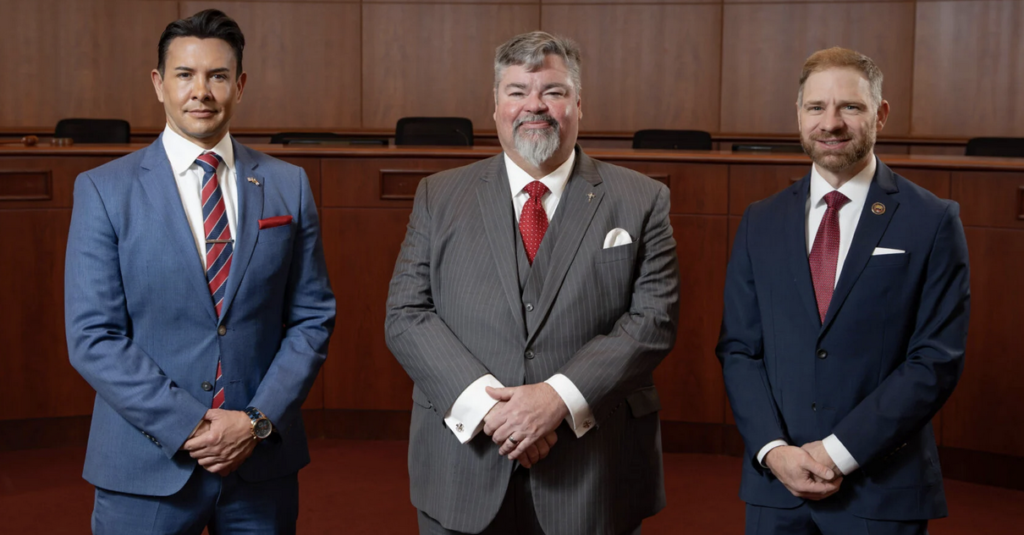? In mad election year, to many it’s the down ticket races that count
Ballots have dropped in Colorado and news of the presidential election race continues to break at a furious clip. The frenzied nature of the top ticket race is having perhaps the most pronounced impact on down ticket races in Colorado history.
Wikileaks recently released emails from Clinton campaign chairman John Podesta’s account – which Podesta says was hacked by Russian spies. Related stories that unfolded include material from the private speeches Clinton delivered for Wall Street clients and plans drawn up by her campaign to undercut the campaign of Democratic primary rival Bernie Sanders. Wikileaks continues to promise the dropping of more news-bombs on the Clinton campaign in the days ahead.
Meanwhile, Donald Trump has suffered the loss of a wave of Republican officeholders and is beset by a series of sexual assault allegations following the release of the 2005 “Access Hollywood” tape on which he boasted about groping women. The Republican National Committee at one point even announced it was suspending pro-Trump mailings and fielding calls by some major donors to cut ties with the Trump campaign altogether.
In this maddest of mad election years, Colorado legislative elections leaders on the right and left say they are counting on nothing and bracing for anything.
“We’re not taking anything for granted. We have to turn out our people to vote,” said Andrew Short, executive director of the Colorado Democratic Senate Campaign Fund. “I’ll just say that we feel the wind at our back.”
Ask him about the presidential race or this election year in general, and you can almost hear circumspect state Sen. Kevin Grantham, the Republican from Cañon City who is on deck to become Senate president, let out a sigh.
There’s a lot at stake on the state level. Republicans control the Senate by one seat. Democrats control the governor’s office and are expected to retain the majority in the House.
“There are a lot of unknowns, but I think a lot of factors even out in the end,” Grantham said. “We don’t know whose polling models will be more accurate, who is controlling better for this year’s volatility. If you’d have asked me 12 months ago who was going to win the key races this year, I would have said, ‘It’s going to be close.’ If you would have asked me six months ago, I would have said, ‘It’s going to be close.’ And if you’re asking me today, you know what I’ll tell you? ‘It’s going to be close.'”
In interviews for this story, nearly a dozen Democratic and Republican officials and staffers working close to or in some capacity with state election campaigns, mostly agreed that this election season in the swing state, as in years past, turns on the same handful of state legislative seats that have flipped back and forth between the parties for years.
There are three Senate districts being watched closely and worked feverishly – District 19, held by Republican Laura Woods, who is being challenged by Democrat Rachel Zenzinger; District 25, an open seat that pits Republican State Rep. Kevin Priola against former Democratic state Rep. Jenise May; and District 26, another open seat that pits Republican Arapahoe County Commissioner Nancy Doty against Democratic state Rep. Daniel Kagan.
“The real enemy is complacency,” said another source on the left, who asked not to be named in order to speak freely. He said he thought this election season – no matter how absurd it might still become – was still the Democrats’ to lose.
“I think on both sides, people can see the smart money isn’t supporting Donald Trump or Darryl Glenn – and that should give legislative Democrats a confidence edge, if nothing else,” he said. “It should matter, at least in theory, that your presidential candidate and your U.S. Senate candidate – the top of the ticket – is in the tank, right?”
Trump tapes and tea leaves
As news of the Trump “Access Hollywood” tape broke, spiraling into Republican official defections – including from high-profile Colorado officials such as U.S. Sen. Cory Gardner and U.S. Rep. Mike Coffman – executive director of the state’s Democratic Party House Majority Project Matthew McGovern smelled blood. He sent out a fundraising email with the subject line: “Everything is on the table.”
“We have no idea how many of these (state House) seats became winnable yesterday,” he wrote. “Will church-going Republicans support a man who bragged about making advances on a married woman? Will suburban Republican women vote for a GOP ticket after their leader just demeaned them so terribly? We are in the best kind of panic-mode today, trying to figure out which Trump-supporting candidates to invest against, and which Democrats can win tough races that weren’t even on our radar at this time yesterday.
“If you invest in the House Majority Project, we can make sure that any candidate who refuses to condemn these abhorrent, disgraceful remarks is held accountable.”
Short said the story of the Trump tape and sexual assault allegations were a main topic of conversation on the porches of the voters Democratic Senate candidates were visiting.
“People are very disturbed and don’t see how anyone can support him – and all of the Senate swing seat Republicans are still supporting him,” he said.
The Trump tape came on the heels of good news for Colorado Democrats from the secretary of state’s office.
The number of registered Colorado Democrats this year for the first time in two decades has overtaken the number of registered Republicans – and the lead has increased since July, when Democrats first jumped ahead. According to numbers posted by the office at the beginning of the month, Democrats are now leading in both the active and inactive voter categories and by a total 24,003 registered voters.
Connecting as the main thing
Reading his own set of tea leaves, former state Republican Party Chairman Ryan Call countered with what he thinks are a number of significant factors Republicans have working in their favor. He didn’t seem that worried about a negative Trump effect.
“I feel that voters are going to put the presidential contest to one side so the top of the ticket race won’t affect the state races as much as you might expect,” he said.
He added that Clinton is not only unpopular but that she’s also failing to fire up key Obama constituencies, particularly youth voters. He said many of the majority-Democrat Bernie Sanders supporters in Colorado may not vote or may well decide to vote for third-party candidates. He also hasn’t seen the kind of spending on the left that has marked past elections.
“This year the spending is about hedging bets. You don’t see massive spending by environmental groups. Labor is focusing on the minimum wage ballot initiative. They just don’t seem to be making the overwhelming electoral investments this year.”
Democrats say the same thing about the Republican approach to the House. They say the GOP seems to have written off the House majority as unwinnable and invested all of their hopes in retaining the Senate majority.
“Polly’s passing the hat, but no one’s giving her any money. They just make excuses,” one source said, referring to House Assistant Minority Leader Polly Lawrence, R-Littleton.
Lawrence disagreed with that assessment.
“Our candidates have been working hard and raising money and recruiting volunteers,” she said, adding that she thinks voter contact this year will make the difference in the close races, even more so than in elections past.
“The candidates really have to be knocking on doors and talking to voters and putting in the time in a year where we have the two least popular candidates in history running for president,” she said. “You have to make a personal connection and draw the voters out – and our candidates are doing that.”
Democrats say they’re treating this year as though it weren’t a presidential election year, where Democratic voters typically turn out in larger numbers. Rather, they’re treating it like a mid-term election year in which they typically have to dig for every vote.
“We’re working to see a lot of defectors among middle-of-the-road voters who are just turned off,” said Short. “Our get-out-the-vote folks have been knocking doors since January. We also feel a little like we’ve put them on the ropes,” he added.
Short is proud of the fact that Republicans are having to work hard defend candidates in two congressional swing districts – CD6 where incumbent Mike Coffman is fending off a tough challenge from former state Senate President Morgan Carroll, and CD3 where incumbent Scott Tipton is fending off former state Sen. Gail Schwartz – in addition to defending incumbents in three state Senate districts they probably didn’t think they would have to dedicate resources to – Baumgardner’s West Slope District 8, Jack Tate’s southern metro District 27 and Larry Crowder’s south eastern plains District 35.
“Rachel Zenzinger in Senate District 19 lost by 600 votes to Woods in midterm 2014. We can make that up this year,” Short said. “Colorado’s is a moderate electorate. We didn’t give the far left the keys to the building, you know? The Republicans did that. They turned the keys over to the far right.”
Maps, spending, rope a dopes
In fact, you can tell where the parties believe the races are close by looking at the districts where outside-interest groups are playing, sending out mailers and putting canvassers into the neighborhoods.
And, according to form, most of the Republican-side money is being poured into the three top Senate races to boost the Woods, Doty and Priola candidacies. Democrats are spending in the same races.
There’s also notably no real Democratic money being spent in Crowder’s Senate District 35. That’s partly because Democrats see him as a pragmatist dealmaker and concede that he’s well-liked in his district.
“The guy won in 2012, an Obama year, even though the Bloomberg gun control group donated thousands to defeat him,” is how former Republican Party Chairman Call put it. “There’s no spending like that in Crowder’s district this year.”
Republicans are hoping to unseat House District 31 Rep. Joe Salazar, a champion for liberal causes who works to move his caucus to the left. Salazar won reelection to his seat in 2014 by a little more than 200 votes. Democrats aren’t worried, though. They point out that 2014 was a midterm Republican-wave year and concede that “maybe Joe wasn’t trying that hard” on the campaign trail. They say that this year, he’s working the district “like a champ.”
But legislative districts like Salazar’s that overlap with swing Congressional Districts – in his case Coffman’s 6th District – may be strongly influenced by congressional campaign get-out-the-vote operations.
“I think that the Coffman campaign might spill down in Adams County and really help Jessica Sandgren, who is I think a strong candidate and will give Salazar a real run,” said Call.
Short said nearly the same thing about the affect Carroll’s campaign might have on legislative races, including Salazar’s.
The race most likely to disrupt the usual legislative electoral dance, seems to be the race for Senate District 27, which pits incumbent Tate, an engineer and businessman, against Tom Sullivan, a retired postal worker who became a high-profile gun-control activist after his son Alex was murdered in the 2012 Aurora Theater shootings.
“If you look at fundraising, campaign operation, that one could shake something loose,” said a Democratic Party operative.
Sen. Grantham agreed, cautiously. He suggested Democrats me be overplaying Sullivan’s chances of winning for strategic reasons.
“You know, the proof is in the pudding. We’ll see on November 9 if that race was a rope a dope or the real thing,” he said.



